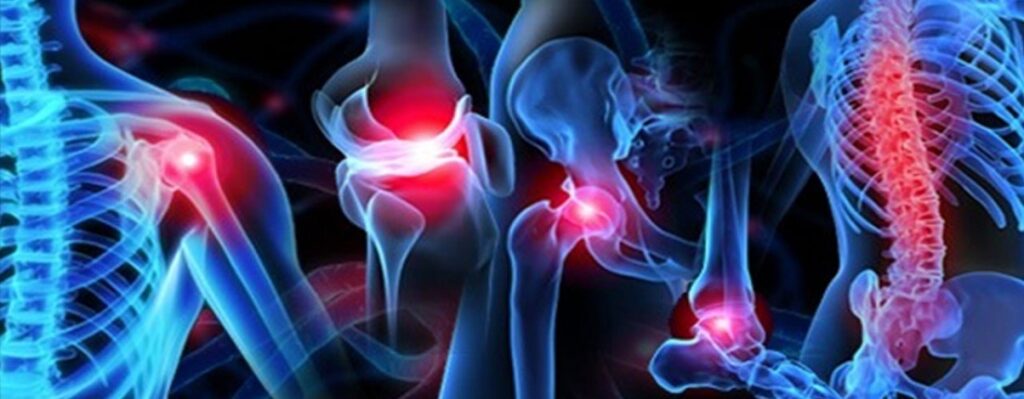Complication Trauma
COMPLEX TRAUMA SURGEON IN CHANDIGRH-DR.VIKAS MEHRA
Dr. Vikas Mehra is the best orthopedic trauma surgeon in Chandigarh, with over 30 years of experience and a 100% success rate in complex trauma surgery. He is the most senior and experienced doctor in terms of strong trauma and orthopedic surgery skills and the ability to respond to emergency situations. Dr. Mehra Clinic is a top trauma care clinic in Chandigarh, India. He wants patients to understand what types of injuries are classified as traumatic so that they can receive the proper care.

WHAT IS COMPLEX TRAUMA SURGERY?
HOW ARE COMPLEX TRAUMA FRACTURES TREATED?
A surgeon will decide how to treat a fracture based on several factors. These are some examples:
- Age
- Medical history
- Type of fracture
- Surgical expertise
The main goal of trauma treatment is to reduce pain while giving you as much mobility as possible and allowing you to resume full range of motion and activity to pre-injury levels.
WHAT ARE THE DIFFERENT TREATMENT METHODS AVAILABLE FOR COMPLEX FRACTURES?
Casting or bracing After the bones have been repositioned, a plastic or fiberglass cast can be placed over the injured area. A brace functions similarly to a cast, but allows for greater mobility in nearby joints. This cannot be used in all fractures, especially those that are more severe.
Plates, screws, and pins This type of treatment necessitates surgery. The bones and fragments are first repositioned and realigned. Pins, screws, and/or metal plates are then inserted to help hold bones in place while they heal.
WHY SHOULD YOU CONSULT A COMPLEX TRAUMA SPECIALIST?
As previously stated, complex fractures are associated with multiple problems that, if not properly managed, will necessitate multiple surgeries. Even after these surgeries, you may not get a perfect result if the surgeon is incompetent or inexperienced.
In the hands of a complex trauma surgeon, the chances of full recovery with the fewest surgeries are greatest. A trauma specialist evaluates your case as a whole, paying close attention to each and every injury. All issues are resolved with the best management available in your case. That is where Dr. Mehra expertise with over 50,000 surgeries comes in handy.
WHAT ARE PROBLEMS ASSOCIATED WITH COMPLEX FRACTURES?
- A single fracture contains multiple bone pieces.
- In open fractures, infection can occur within the wound and hamper healing.
- These fractures frequently extend to joints, and due to multiple pieces, early movements may be impossible. This frequently results in joint stiffness, which necessitates extensive physiotherapy.
- Associated injuries such as ligaments, nerves, or blood vessels necessitate specific surgeries and may result in temporary or permanent disability.
- Skin damage caused by the injury may result in wound complications after surgery.
- Long-term arthritis of the affected joints is possible. Arthritis becomes more common if the joint is not properly restored during surgery.
HOW TO PREVENT TRAUMATIC ORTHOPAEDIC INJURIES
Accidents occur, but there are some simple steps that anyone can take to reduce their risk of traumatic injury.
- When driving, always use a seatbelt.
- When biking, skateboarding, rollerblading, etc., always wear a helmet.
- When participating in contact sports, wear appropriate safety equipment.
- Stretch and warm up before working out or participating in sports to avoid muscle injury.
+91-9814612696
+91-9876044747
Plot No 1501, Sector 33d, Chandigarh
Monday to Friday - 9:30am-8:30pm Saturday- 9am-3pm, Sunday - Closed
